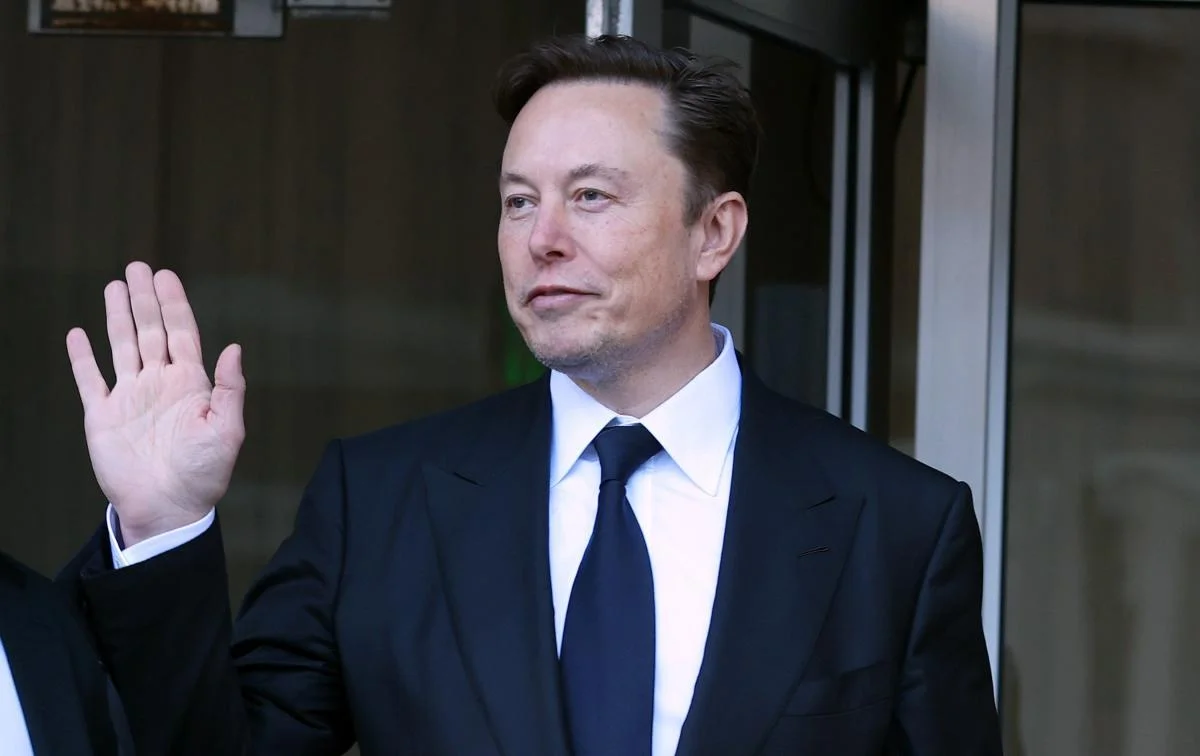Elon Musk, the billionaire entrepreneur and CEO of SpaceX and Tesla, has recently voiced his opposition to banning TikTok, the popular video-sharing app. In a tweet, Musk stated that he was against banning TikTok, as he believes that it is important to have an open exchange of information.
Musk’s tweet came in response to a post by a Twitter user who had asked him about the possibility of banning TikTok in the United States, citing concerns about the app’s ties to China. Musk’s response was clear and concise: “I am against banning TikTok,” he wrote.
The issue of TikTok’s ties to China has been a controversial topic in recent months, with the Trump administration having sought to ban the app in the United States due to concerns about national security. The administration argued that TikTok, which is owned by the Chinese company ByteDance, could be used by the Chinese government to spy on American citizens.
However, Musk’s comments suggest that he does not share the same level of concern about TikTok’s ties to China as some others do. Instead, he appears to believe that the benefits of having an open exchange of information outweigh the risks.
Musk has long been a vocal proponent of open communication and information sharing. He has spoken out against censorship and restrictions on freedom of speech, and has even gone so far as to suggest that he would consider creating a new social media platform that is not subject to the same constraints as existing platforms.
It remains to be seen whether Musk’s position on TikTok will have any impact on the ongoing debate over the app’s future in the United States. However, his comments are likely to add fuel to the already heated discussion, and could potentially influence the opinions of others who have yet to make up their minds about TikTok’s fate.
In the end, the fate of TikTok in the United States will likely be decided by a complex mix of political, economic, and security considerations. However, Musk’s stance on the issue is a reminder that the debate over TikTok is about much more than just one app, and that it raises important questions about the role of technology in our society.




